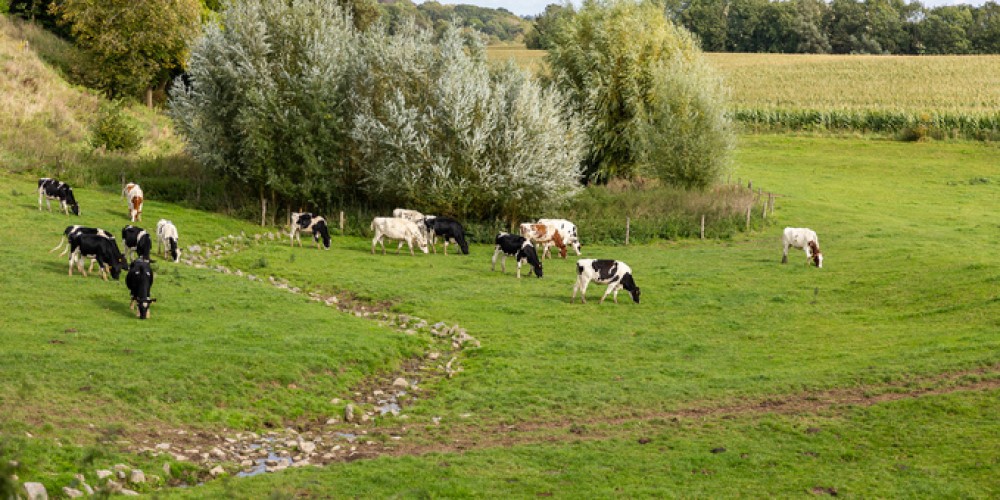Regenuary- What Is It and How Can It Benefit Farmers?
Added 3 months ago

Born as a response to "Veganuary," the Regenuary movement highlights how farmers can produce food while prioritizing nature and sustainability.
The concept of regenerative farming has gained significant traction in recent years. On Instagram, the hashtag #regen boasts over 1.9 million posts, and farmers worldwide are embracing the “regen” movement to promote sustainable agricultural practices.
The Origins of Regenuary
Launched in January 2020 by Glen Burrows, co-founder of The Ethical Butcher, Regenuary was created as an alternative to Veganuary—a month-long campaign celebrating veganism that started in 2014.
Glen, a former vegetarian, recognized how major corporations like KFC leveraged Veganuary to drive sales and wanted to shift the focus to where our food comes from. Regenuary sparks conversations around agriculture, challenging the narrative that plant-based diets are always better for the planet.
Farm-to-Fork Connection
Now in its fifth year, The Ethical Butcher continues to promote Regenuary by celebrating local producers and championing regenerative agriculture. On Instagram, they urge:
"This #regenuary and beyond, join us as we continue to celebrate our local producers, support regenerative agriculture, champion our farmers, and enjoy food that nurtures both body and planet.
We will ask the question: Can we scale regenerative farming practices to achieve greater impact and change the culture of food consumption?"
Opportunities for Farmers
Regenerative farming presents an exciting opportunity for the agricultural industry. By adopting these practices, farmers can not only improve soil health and biodiversity but also align with growing public interest in sustainability.
However, the challenge lies in scaling these methods to make a more significant impact. As consumers become more mindful of their food choices, Regenuary offers a platform to reframe the narrative around agriculture and sustainability, benefiting both producers and the environment.
What do you think—can regenerative farming change the future of food production?
Join the conversation
Be the first to leave a comment.
Leave a comment
All comments are reviewed before they are published on the website. Your email address will not be published.




Family-Owned Farm Embraces Regenerative Agriculture to Grow and Educate


